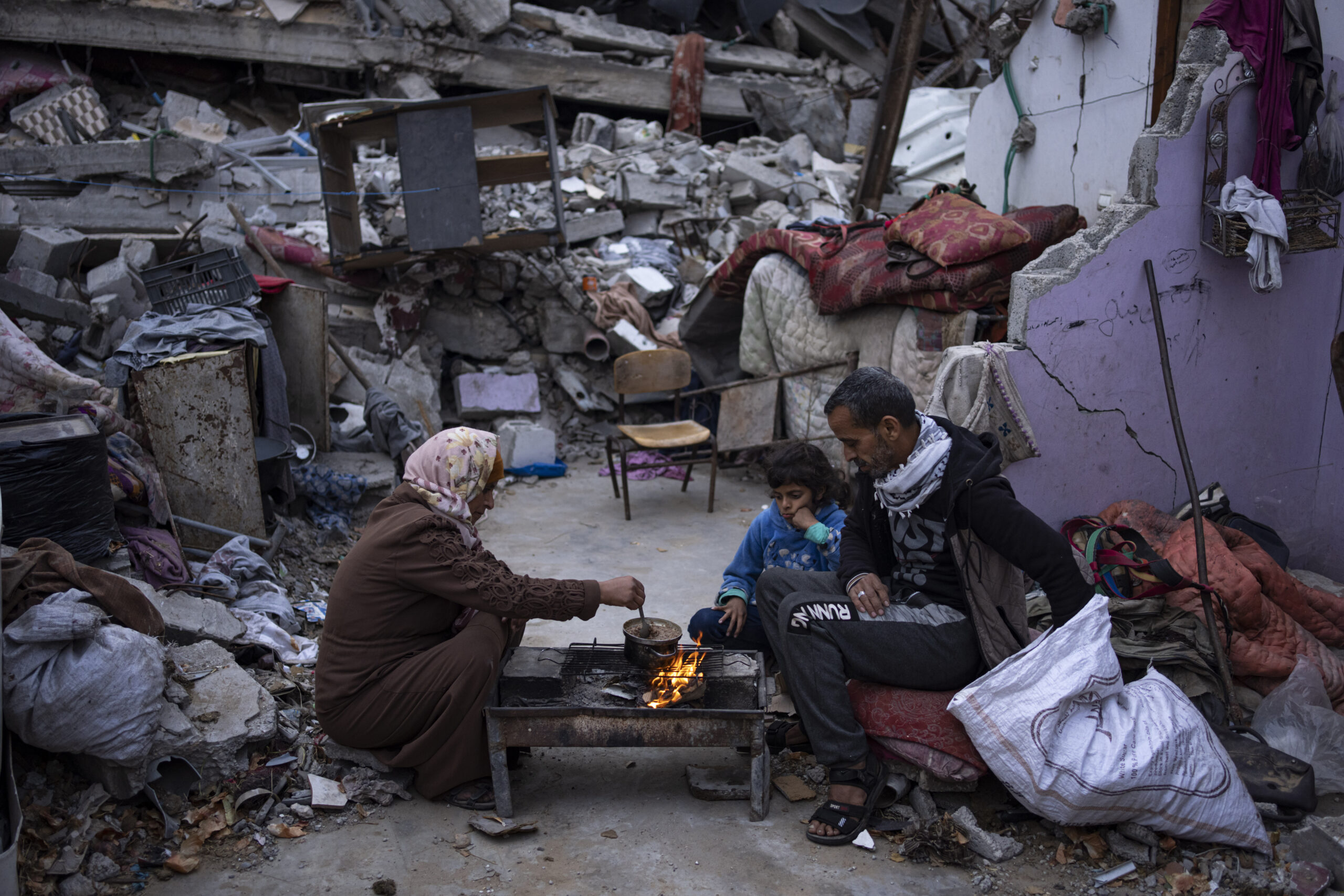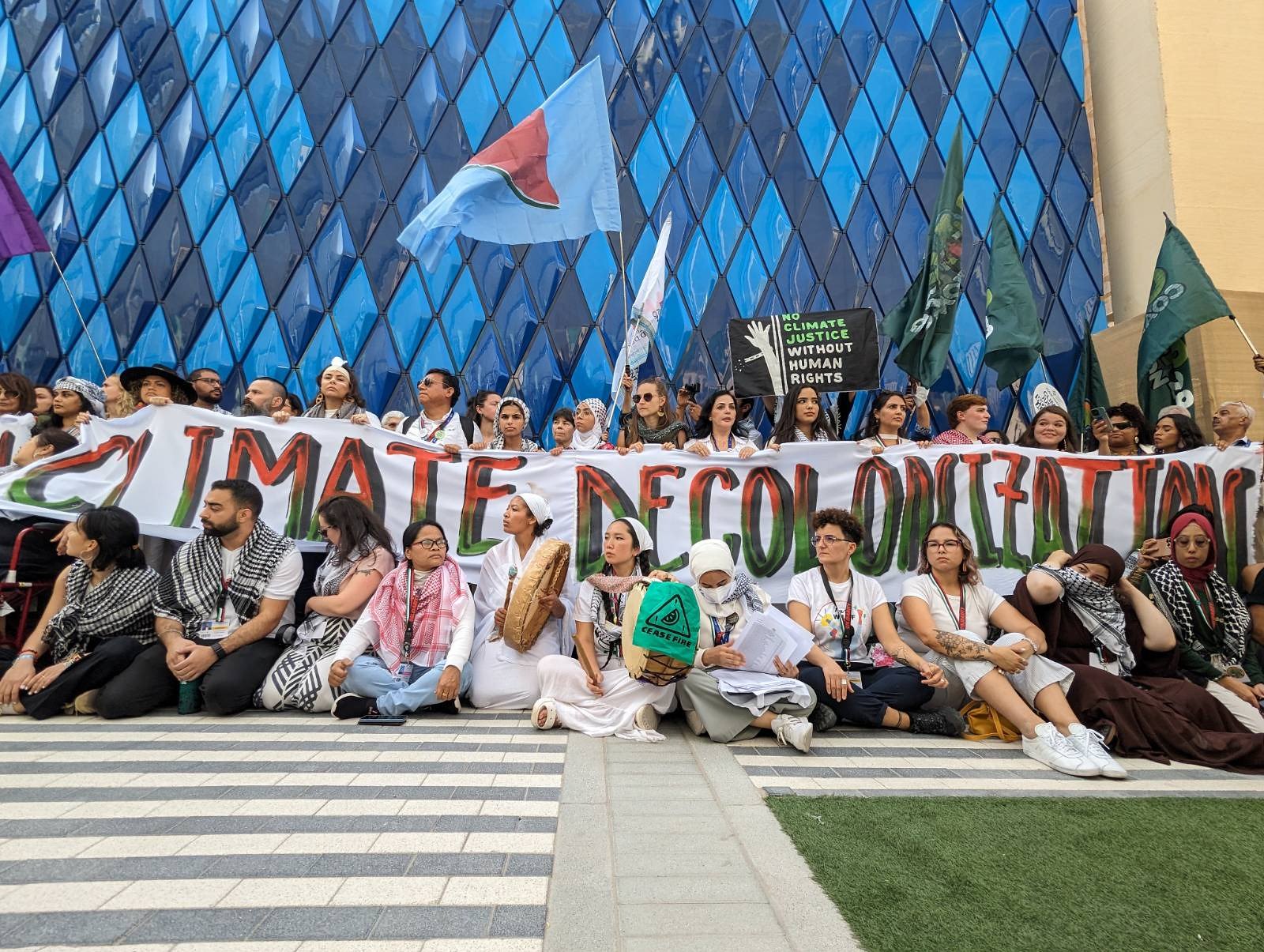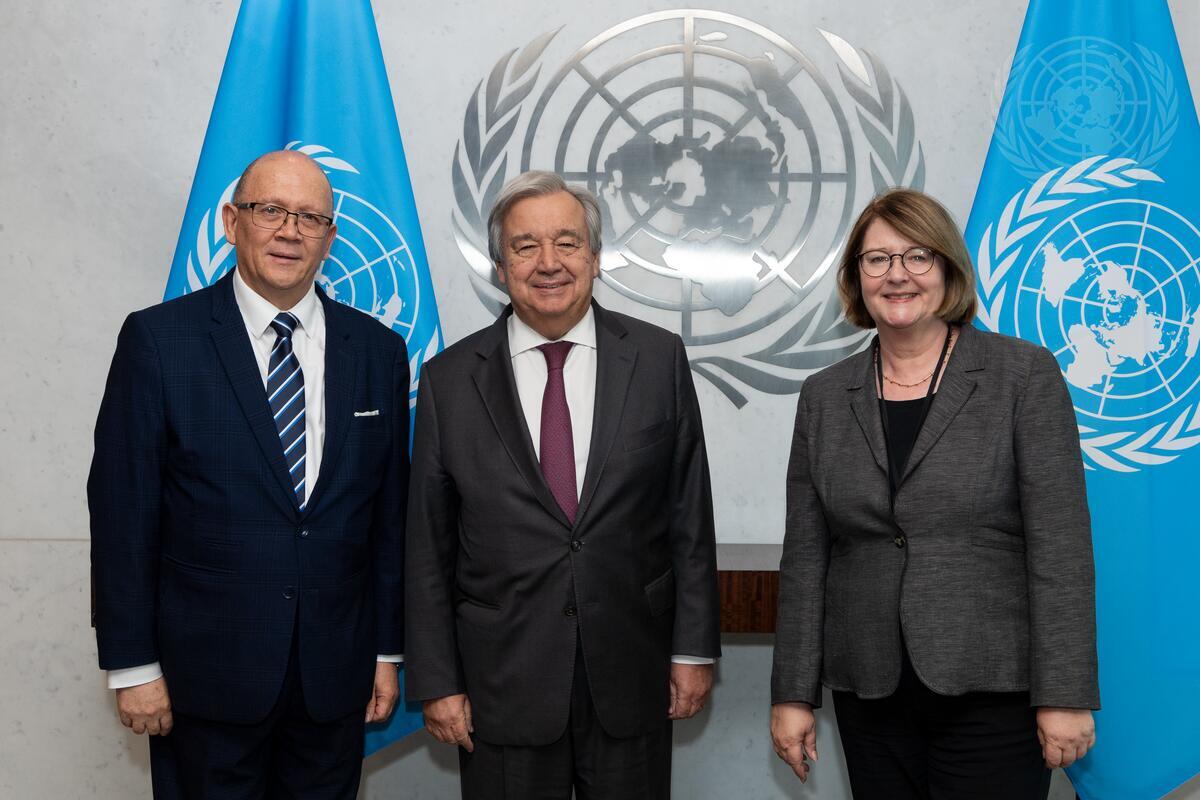From November 14-15, 2019, over forty trade unionists, academics, allies, and policy practitioners from Canada, Mexico, and the United States gathered in Erie, Pennsylvania. They gathered to attend “Overcoming Fear: Creating A Trinational Workers Toolkit” hosted by the Rosa Luxemburg Stiftung New York Office, Rosa Luxemburg Stiftung Mexico City Office, The Canadian Steelworkers, and The United Electrical, Radio and Machine Workers of America.
This event emerged out of seven previous Trinational labor gatherings put on by the Rosa Luxemburg Stiftung which took place in Los Angeles, Toronto, and Chicago. Some highlights include the Chicago event in 2017 leading to a long-term cooperation between the Institute for Policy Studies (IPS), Canadian Centre for Policy Alternatives (CCPA), and the Rosa Luxemburg Stiftung that culminated in the Beyond NAFTA 2.0: Towards a Progressive Trade Policy for People and Planet publication released in the fall of 2019.
This year’s gathering took place at UE Local 506 who earlier this year went on strike for eight days and won. Hosting the event at their hall which also included a stunning mural by Juana Alicia provided both a literal and figurative backdrop for an event geared towards building international solidarity to overcome reactionary and right wing rhetoric around trade, migration, climate, and gender. Over two days, the goal was for these forty unionists and progressive activists from the three countries to share their local experiences and see what international connections could be drawn out. This would lead towards creating a foundation of a toolkit to help progressives in each country provide a proactive message on migration, trade, climate, and gender.
The gathering began on Thursday morning with welcome remarks from Director of the Rosa Luxemburg Stiftung New York Office Andreas Guenther and President of UE 506 Scott Slawson. Benedicto Martinez Orozco, a Co-President of the Frente Auténtico del Trabajo (FAT), followed by providing the entire group with an overview of the present situation in Mexico following the passage of the labor reform. With that grounding, the facilitators began by sharing rhetoric and talking points they had come upon in their research leading up to the workshop. With additional input from the entire group, participants had the ability to see the challenges they faced clearly. While participants may have been overwhelmed by the breadth of reactionary rhetoric around migration, trade, and climate, they had little time to wallow. The next session highlighted tales of worker struggles overcoming these obstacles and emphasizing wins. They featured lessons from the CSN in Quebec, the FAT in Mexico City, tales of the wave of teacher strikes across the US, and the story of UE 506’s own struggle in Erie.
The rest of the workshop were guided sessions led by subject-expert facilitators in breakout groups sorted by country, and then followed up with full group discussion around the subjects of migration, trade, and climate. The participants were instructed to look at the reactionary talking points on the topic, then sequentially go through prompts including how to reframe a discussion on the job site with a colleague, how to interact in a shorter timeframe, and how to change the framing of the conversation from the reactionary starting point. After the breakout groups, the larger group would discuss how these positive visions towards migration, trade, and climate could be articulated transnationally. These discussions provided as many new thoughts and articulations as questions and ideas that need to be resolved moving forward. However, the overall the substantive discussions provided the groundwork for building a toolkit that will support the working class in all three countries beginning with the essential question: what do we want?
On Thursday evening, there was a public-facing event moderated by labor journalist, Sarah Jaffe, where she asked Eugenio Narcia Tovar (Mexico), Louise Casselman (Canada), and Tom Bobrowicz (USA), what international solidarity can look like in supporting their local struggles and building an internationalist movement. This question was returned to during the conclusion of the workshop as participants committed to building upon what was discussed in Erie and working together collaboratively to develop the toolkit over the next six-nine months.
The seeds from the gathering in Erie will bloom in the next year, a time when these discussions, and framing narratives will be incredibly important as the state of democracy is up for grabs in Canada, Mexico, and the United States. With gatherings and workshops like this one, and outcomes like the forthcoming toolkit, our Trinational labor movement seems to be heading in the proper direction.
See photos from this event here.



